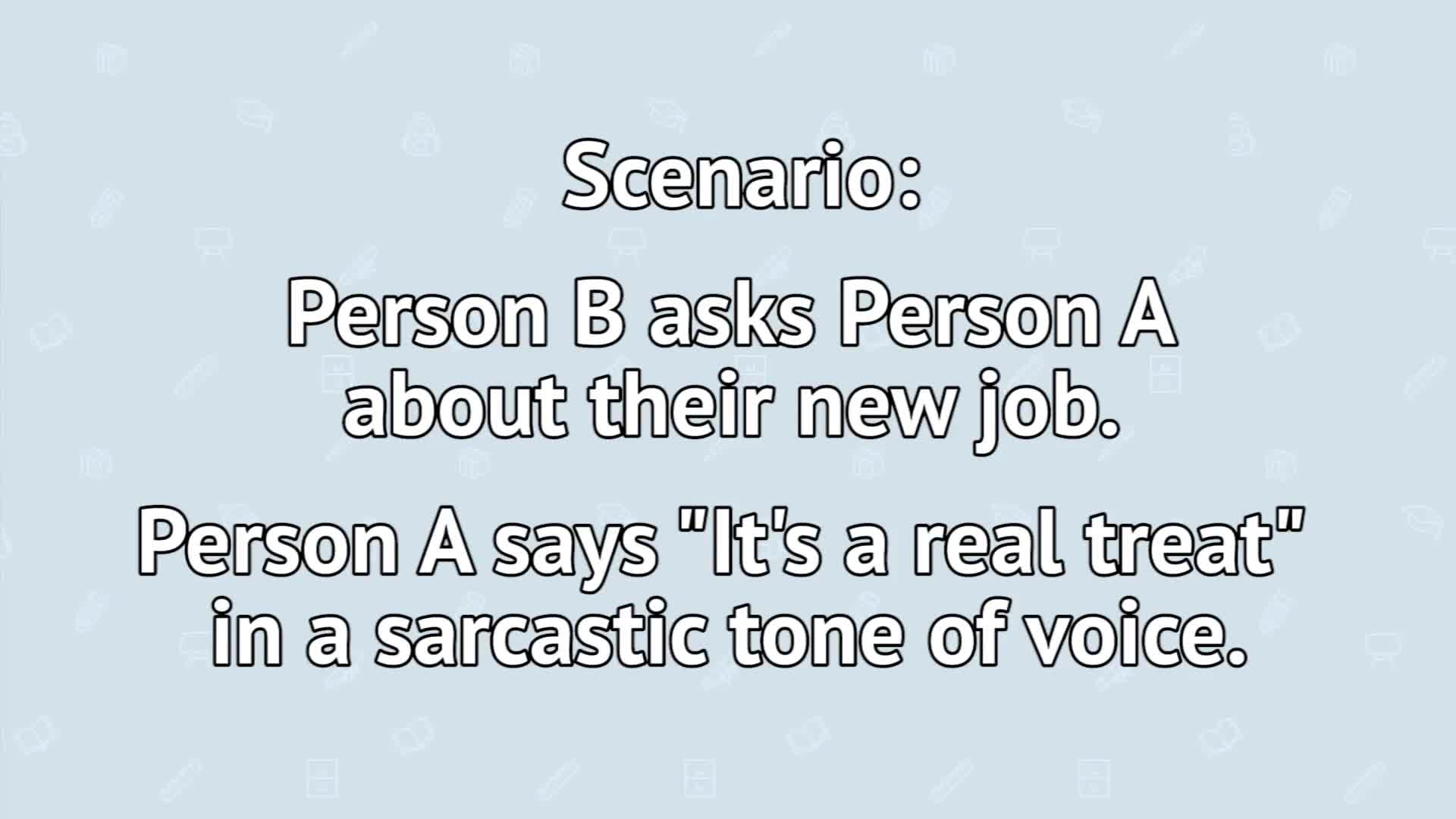
Introduction
Welcome to the world of Act It Out!, a role playing game designed to help Special Education students develop essential social skills. This activity focuses on Tone of Voice, an important aspect of communication that can significantly impact the message being conveyed. By acting out various social situations, students will learn how their tone of voice can change the meaning of their message and improve their understanding of social cues.
No-Prep Activity
This Act It Out! activity requires no preparation or materials from the educator. To begin, the educator will present a social scenario to the students, explaining the emotions and feelings of the characters involved. Two students will be selected to act out the scene, taking on the roles of Person A and Person B. The rest of the group will observe and later rate the actors’ performance based on how well their actions and tone of voice matched the emotions they were supposed to express.
After the role play is complete, the group will discuss what happened in the scene, how everyone is feeling, and whether emotions changed from the beginning to the end. This process will be repeated with different scenarios, allowing students to practice various tones of voice and emotions in a safe and supportive environment.
Discussion Questions
- How did the tone of voice used by the actors affect the message they were trying to convey?
- Did the actors’ tone of voice match the emotions they were supposed to express? If not, how could they improve?
- How do you think the characters in the scene felt when the tone of voice changed? Did it change the way they responded to one another?
- Can you think of a situation where you experienced a change in tone of voice, and how it affected the interaction?
- Why is it important to be aware of our tone of voice when communicating with others?
Related Skills
Act It Out! not only focuses on Tone of Voice, but also helps students develop several other essential social-emotional skills, including:
- Active listening and empathy
- Nonverbal communication
- Recognizing and understanding emotions
- Adapting communication styles
- Conflict resolution
Next Steps
Are you interested in trying Act It Out! and other similar activities with your Special Education students? We invite you to sign up for free sample materials at Everyday Speech, where you can access a variety of resources designed to support social-emotional learning in the classroom. Don’t miss this opportunity to enhance your students’ social skills and help them thrive in their daily interactions.

